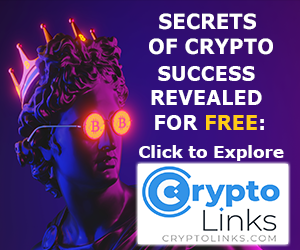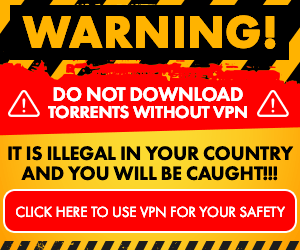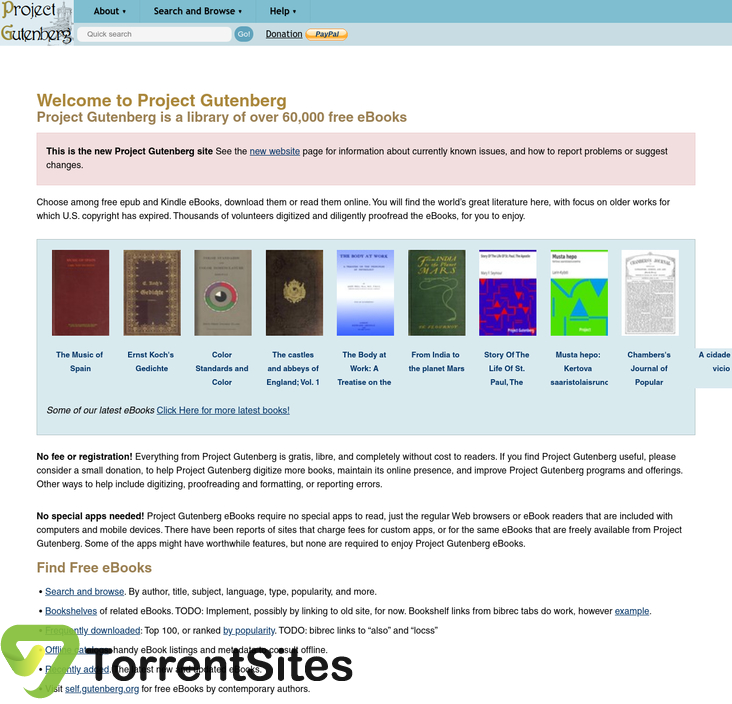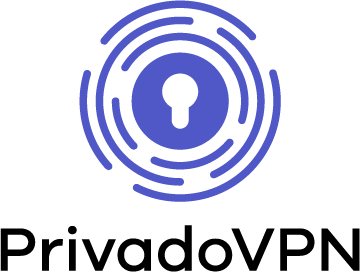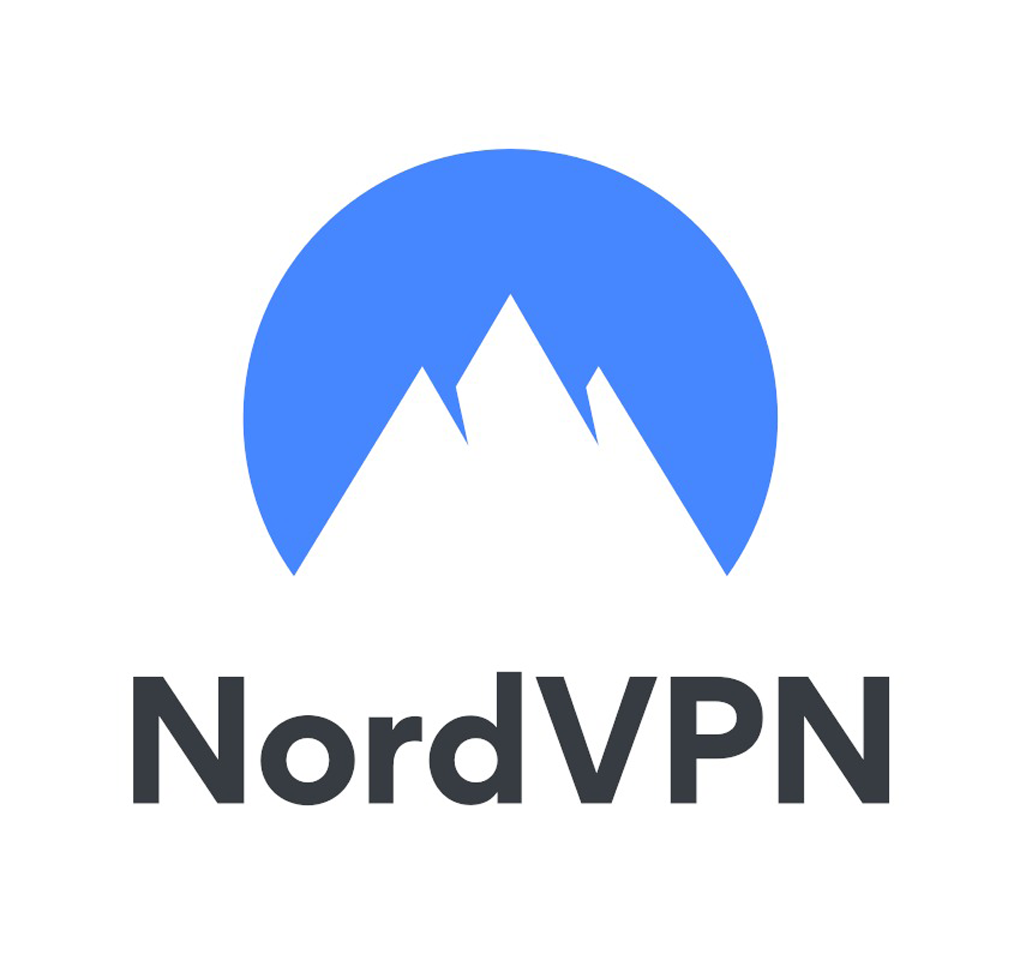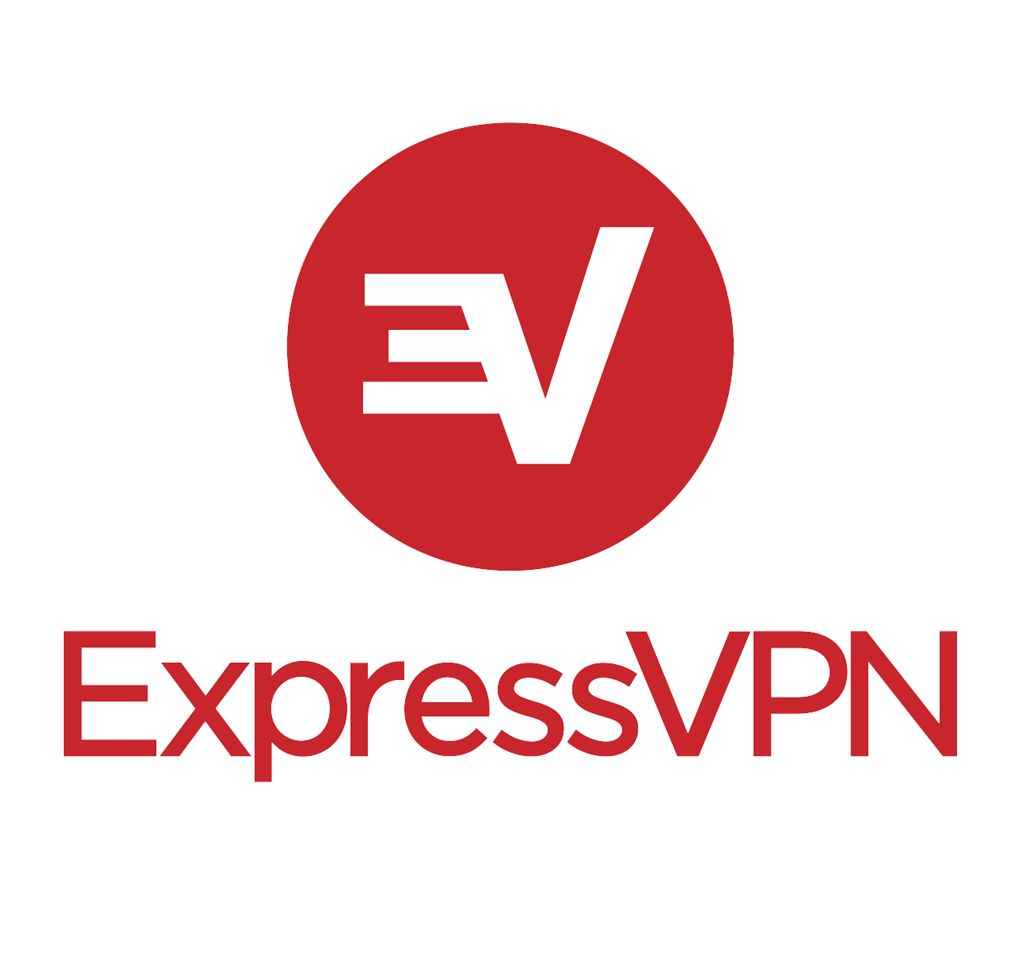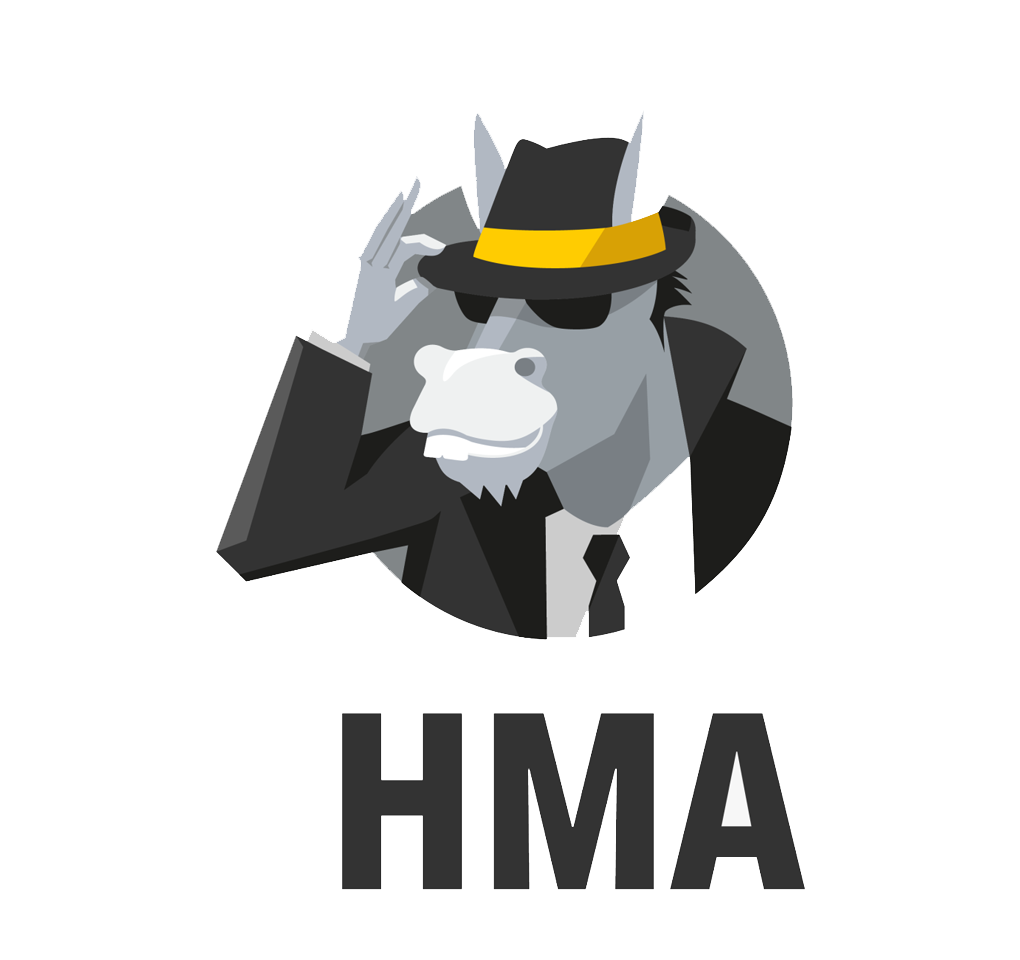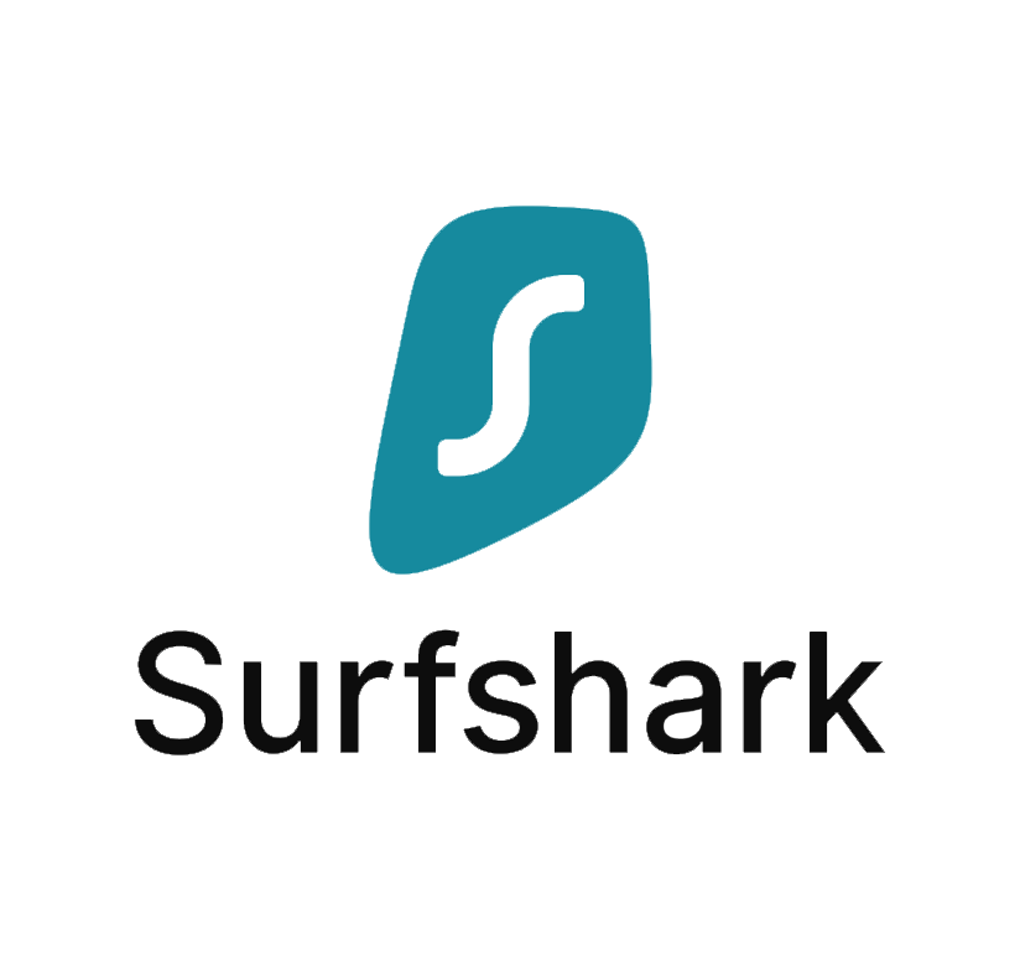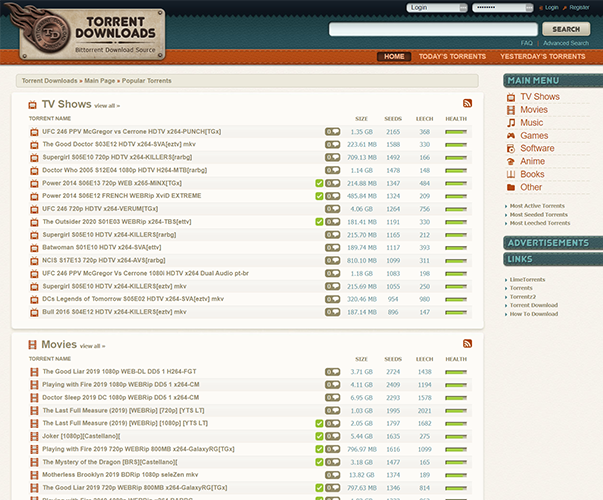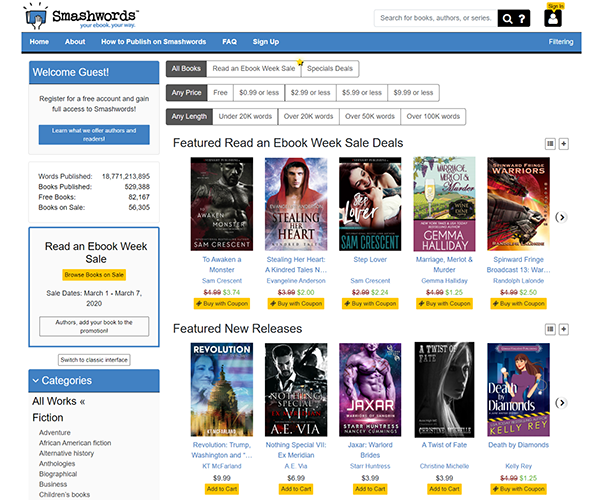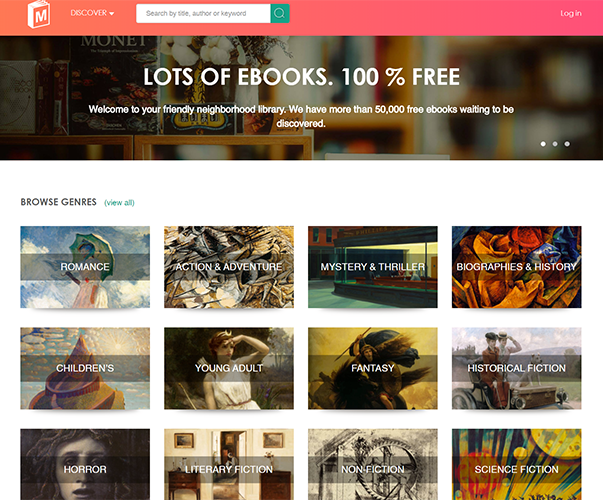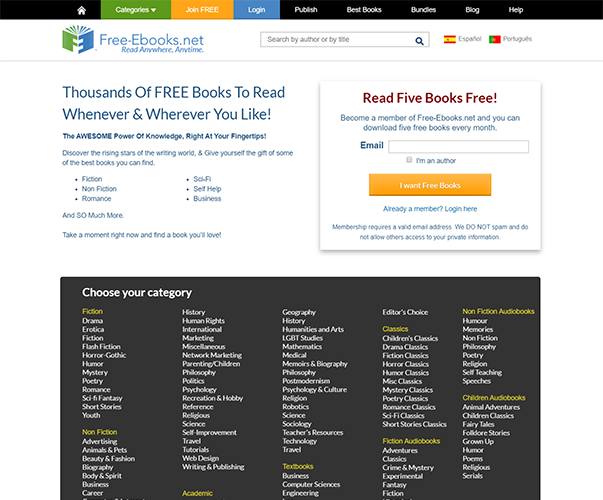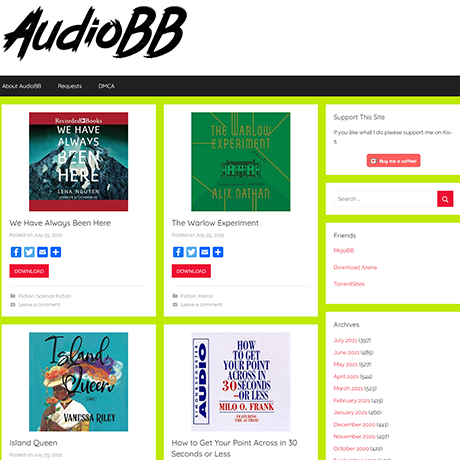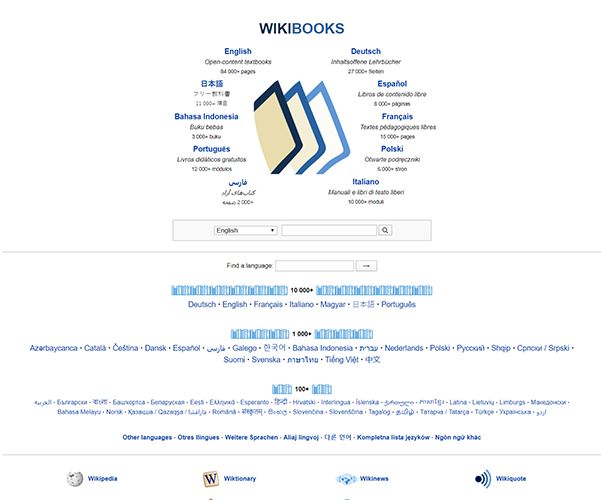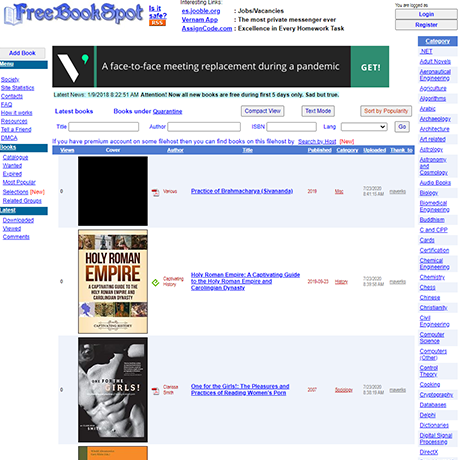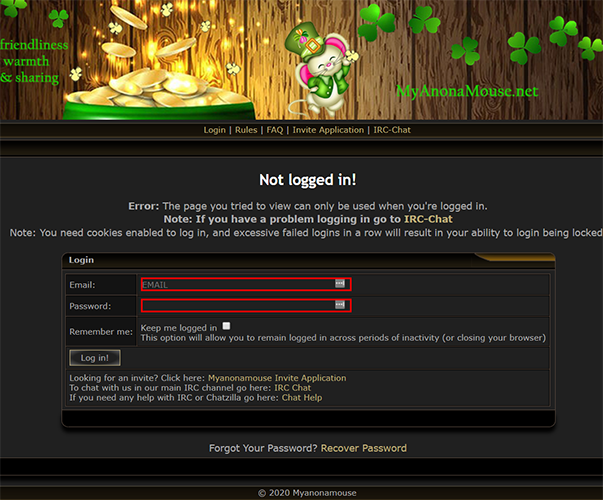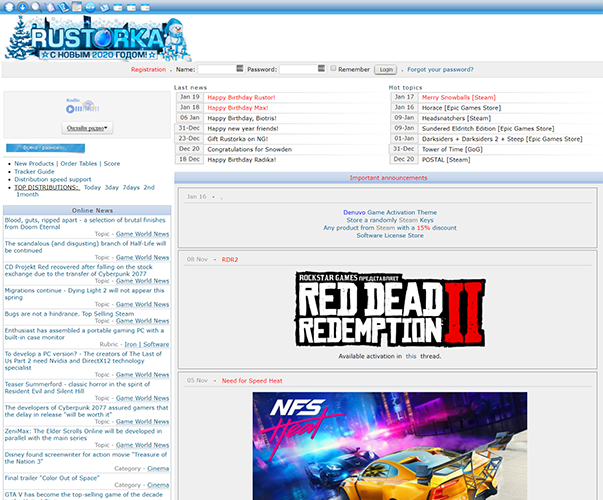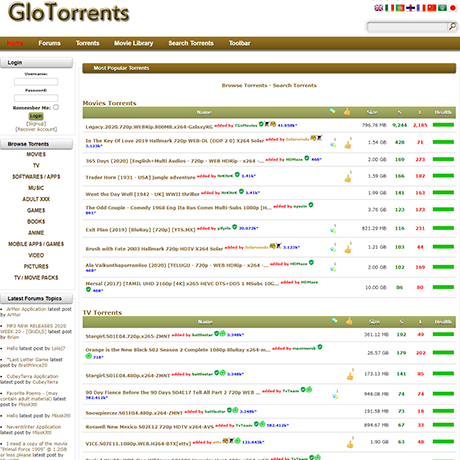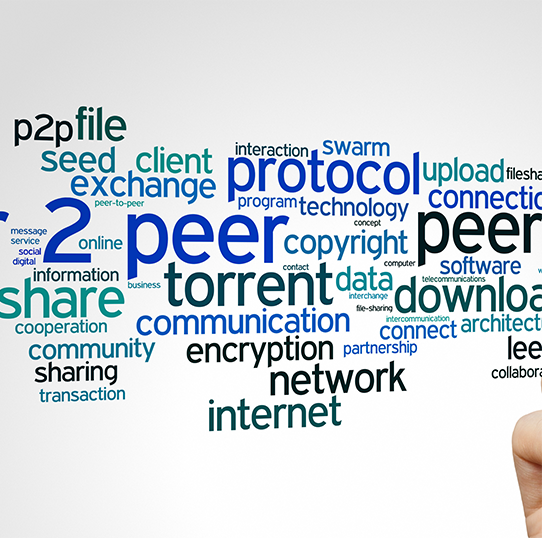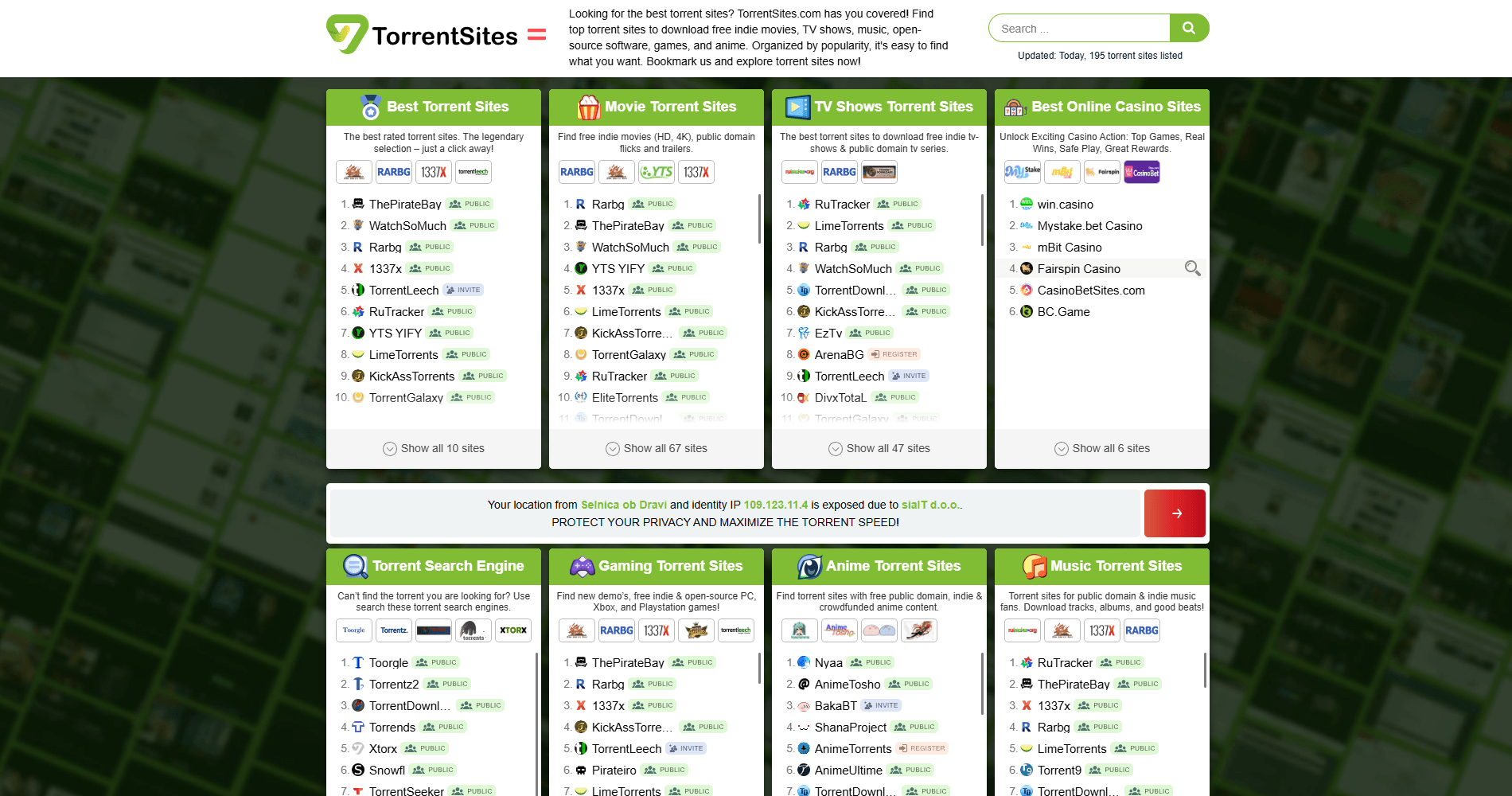- Torrent Sites
- E-Books Torrent Sites
-
ProjectGutenberg
ProjectGutenberg
Show 39+ sites like ProjectGutenberg:
Introduction
Perhaps a site as well known as Project Gutenberg needs no introduction at all. As one of the largest, longest-running, and most respected online databases of free indie eBooks in the world, few sites come close to rivaling Project Gutenberg, at least when it comes to the sheer quantity and quality of free indie eBooks to be found here.
The home page of Project Gutenberg boasts that the site has tons of free indie eBooks.
Need I really say anything more on why Project Gutenberg is one of the best sites for downloading free indie eBooks? Well, yeah … as we all know, quantity does not always equate to quality. So, just as I would with any other free indie eBook site, today I will dive into everything that Project Gutenberg has to offer to see, once and for all, whether it truly is the best site for free indie eBooks.
History
In 1971, a man named Michael Hart was given an operator’s account by the people behind the Xerox Sigma V mainframe, located at the Materials Research Lab at the University of Illinois. This operator’s account contained $100,000,000 of computer time. In many ways, Michael Hart was simply in the right place at the right time.
Michael quickly came to the conclusion that there was nothing that he could do in the way of “normal computing” which could come close to proportionately repaying this massive sum of computer time that he had been gifted. This led him to brainstorm how he might be able to create $100,000,000 worth of value in some other way, a less conventional way.
According to the Gutenberg Project site, it only took Hart an hour and 47 minutes, exactly, to deduce that the highest value of computers would not lie in their ability to compute, but in their ability to store, retrieve, and search data from shared libraries.
This led Hart to type up the “Declaration of Independence,” which he then tried to send to every user of his shared network. The Gutenberg Project site describes what transpired as such: [the result] can only be described today as a not so narrow miss at creating an early version of what was later called the ‘Internet Virus.’”
Hart’s position was that he had officially earned the $100,000,000 in computer time because, eventually, a copy of the Declaration of Independence would be accessible on the computer libraries of 100,000,000 users in the future.
This led to the philosophy behind the Project Gutenberg: “anything that can be entered into a computer can be replicated indefinitely.” This led to the creation of ‘replicator technologies,” which also had a simple premise … if a book (or any other item of data, including 3D images, audio, video, etc.) can be stored in a computer, then an infinite number of copies can (and will) become available. “Anyone in the world,” according to the Project Gutenberg site, “or even not in this world (given satellite transmission) can have a copy of a book that has been entered into a computer.”
The rest of the history behind Project Gutenberg is extremely lengthy and intricate (and can be read in entirety on the Project Gutenberg site). Essentially, though, the end result of all of Michal Hart’s (and countless others’) hard work is a free and constantly growing digital library of eBooks and more that should always be accessible and easy to use for all. Well, let’s take a deeper look at the site, shall we, and see if Project Gutenberg truly sticks to this promise of usability.
Design
The design of this site is extremely straightforward. It has a little bit of a Wiki vibe to it, actually, in the way that it is clearly designed to privilege information over images or experience. It is an enormous archive, and that is precisely what the site looks like. I do not really mind Project Gutenberg having a more sterile site design, as it seems to fit the content and the mission of the site rather well.
It is also important that we do not conflate simplicity and minimalism with a subpar user experience. Just because the site does not necessarily have a modern, sleek, or flashy look to it doesn’t mean for one second that it does not provide a top-notch user experience. Some free indie eBook sites are hip and modern, like Barnes and Noble; others are utilitarian and spartan, like a library. Project Gutenberg is the website equivalent, I think, of a library. Which means, of course, that books are easy to find and organized in a logical and convenient manner (even if the site looks a little dull).
there are plenty of ways to browse and search for books. The site is broken up by Bookshelves (in which you can browse by genre and subgenre), or you can browse the site by frequently downloaded eBooks or offline catalogs. The advanced search, too, is excellent, allowing users to find free indie eBooks by author name, title, subject, language, file type, and/or category. You couldn’t ask for a more powerful eBook search engine.
Content and Features
Project Gutenberg is not a site that you will linger on much longer beyond the location and downloading of a free indie eBook. There are not many (or any, for that matter) user features to speak of. You cannot, for instance, create a list of favorited books. Nor can you rate or review books.
If you do want to participate in Project Gutenberg, however, there are ways for you to do so. You can always offer up your own work (if you are an author). Or you can offer up your own transcription of a book to add to the ever growing database of free eBooks.
Project Gutenberg relies heavily on the participation of its users, not unlike Wikipedia. So, if you have the time and the interest in doing something like this, either as an author or a transcriber, please do consider becoming a steward of literature and history and contributing a free eBook to the library!
Where Project Gutenberg really shines, of course, is in its massive collection of free eBooks. With tons of free indie eBooks available, you will never run out of free indie eBooks to read here.
Plus, these free indie eBooks are available in a breadth of file types, which is a very rare commodity when it comes to eBook sites such as these. More often than not, these sorts of sites offer either PDF or ePub files. Project Gutenberg, however, has eBooks in just about every file type you can imagine (and even some you may have never heard of). There are, for instance, in-browser copies in HTML, PDF books, ePub (of course), Kindle books, Plain Text UTF-8, RDF, and many, many more. The ethos behind Project Gutenberg, remember, is one of replication, so, this makes a lot of sense.
Mobile and Desktop Experience
Although there are no official Project Gutenberg eBook apps at the moment, that doesn’t mean that users won’t be able to enjoy free eBooks on the go with this site. Not only are there plenty of mobile friendly file types available here for free eBook downloads, but the site itself is also decently optimized for mobile devices.
The whole format of the site changes appropriately when you view Project Gutenberg on a smartphone or tablet. This means no unnecessary zooming in or cumbersome scrolling like you might find on subpar mobile sites. Project Gutenberg makes it easy to search, browse, download, and read on any mobile device.
Pricings and Plans
Every indie eBook on Project Gutenberg is 100% free of charge. Never pay a cent. You never even have to log in, in order to download free indie eBooks. Just visit the site and start downloading free indie eBooks immediately, no questions asked.
That being said, the site does take donations. If you find that you download a free indie eBook or two from this site, please (please) consider making a donation – this is the only way that Project Gutenberg continues providing us with free indie eBooks. It is definitely a worthy cause.

